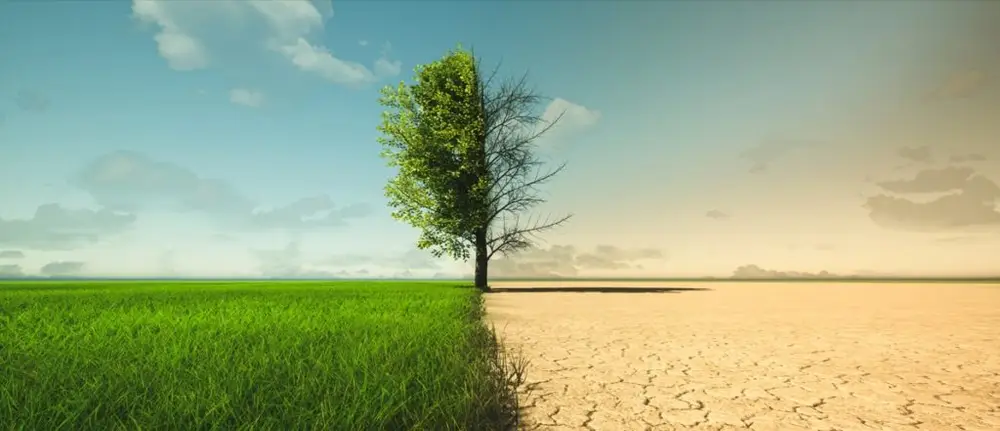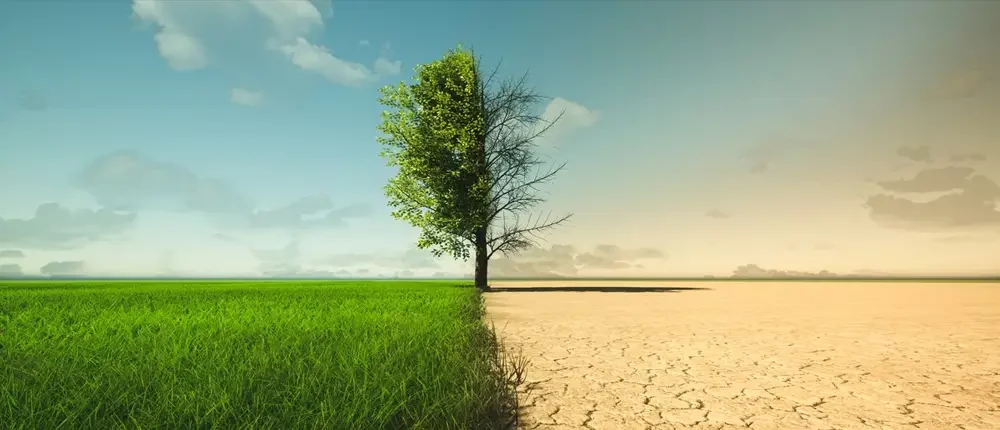Barley Production:
Barley, the primary grain used in Scotch whisky production, faces significant climate-related challenges. Warmer temperatures, extreme weather events, and changing precipitation patterns can affect barley yield, quality, and malting characteristics. Reduced barley production could lead to increased prices and potential sourcing challenges for distilleries, thus influencing the availability and affordability of Scotch whisky.
Oak Maturation:
The aging process in oak casks is a critical step in Scotch whisky production, contributing to its distinct taste and aroma. Climate change impacts forests where oak trees grow, potentially altering the availability, quality, and consistency of oak barrels. Changes in temperature and humidity can affect maturation rates, leading to variations in flavour development and potentially disrupting the traditional aging process.
Shifting Flavour Profiles:
The combined impact of altered water sources, barley production, and oak maturation due to climate change can result in shifting flavour profiles of Scotch whisky. Changes in these factors may lead to subtle or noticeable variations in taste, aroma, and overall character. Traditional whisky regions may experience shifts in their signature flavour profiles, which could challenge the expectations of both connoisseurs and distillers.
Adaptation and Mitigation Efforts:
Distilleries are recognizing the risks posed by climate change and taking proactive measures to adapt and mitigate its effects. Investments in sustainable practices, water management strategies, and responsible sourcing are becoming increasingly important. Some distilleries are exploring alternative barley varieties that are more resilient to changing climates, while others are actively participating in reforestation initiatives to secure future oak supplies.
Conclusion:
Climate change poses significant challenges to Scotch whisky production, potentially affecting its water sources, barley production, oak maturation, and flavour profiles. The dynamic nature of these changes highlights the need for proactive measures and sustainable practices within the industry. While the full extent of climate change’s impact on Scotch whisky remains uncertain, distilleries’ efforts to adapt and mitigate can help preserve the cherished traditions and exceptional quality that define this iconic spirit.



